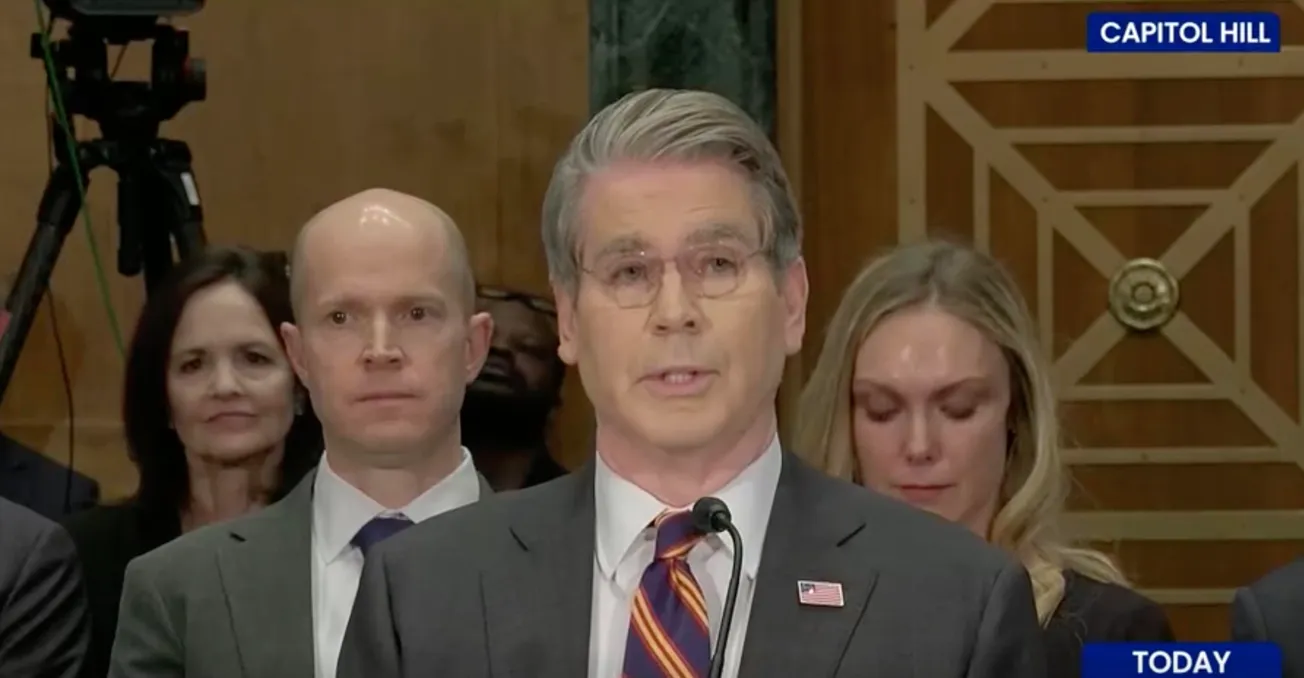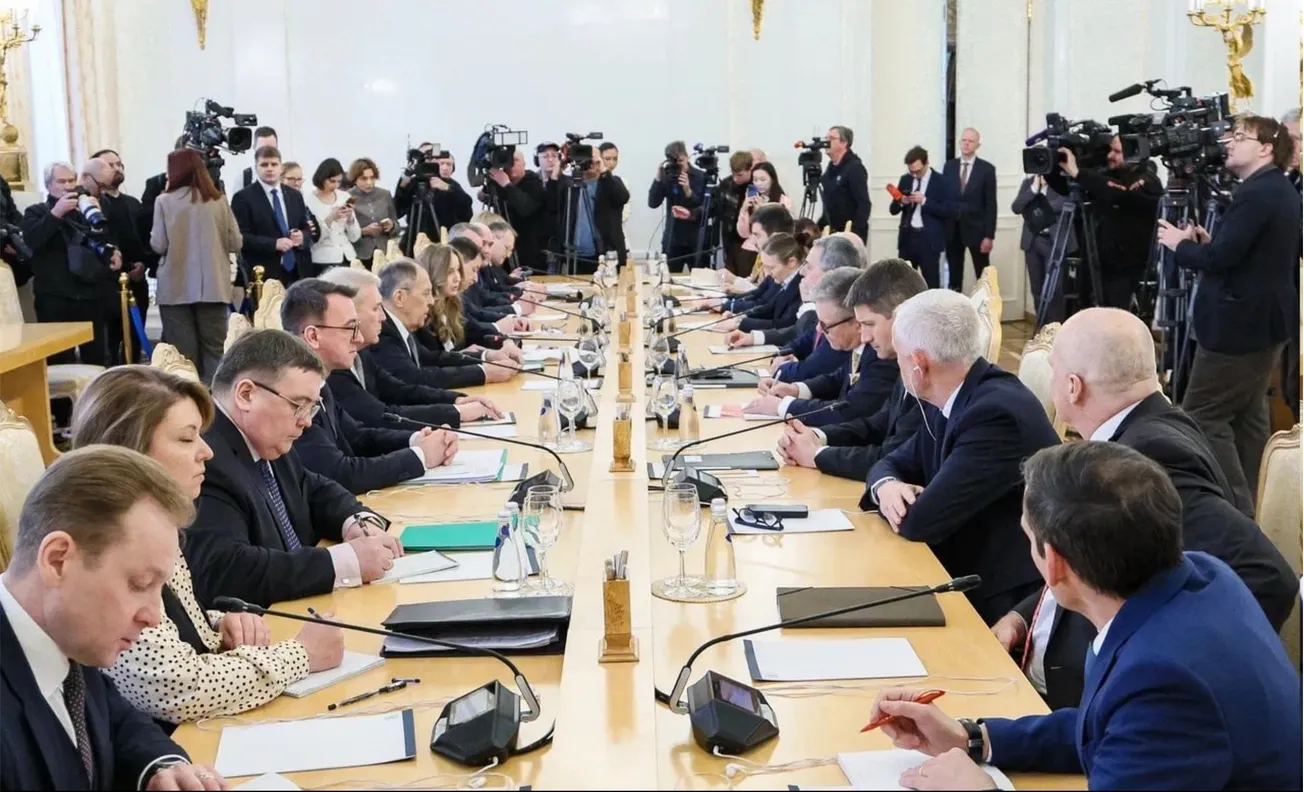A Robin Brooks opinion piece in the Nov. 12 Financial Times presents the international economic policy that the City of London and their Wall Street allies would like to see coming from the incoming Trump administration.
Brooks has the requisite credentials for the assignment: he is currently a senior fellow at the Brookings Institution; before that, from 2017-2024, he was chief economist at the Institute of International Finance (IIF—sometimes referred to as the global “creditors’ cartel"); from 2010- 2017 he was chief of foreign exchange trading at Goldman Sachs; and he also served from 1998-2006 as chief economist for Asia-Pacific at the IMF; and he was educated at the London School of Economics, Yale, and as a Bank of England Fellow. He professes U.S., U.K., and German nationalities.
Headlined “Big Changes Are Coming for Dollar and Emerging Markets,” the Brooks article states that “the U.S. election may be the start of a massive dollar rally,” as a result of Trump’s call for imposing a combination of large tariffs and tax cuts. This in turn means that “the case for renminbi depreciation is urgent. This is because China has historically struggled with capital flight when depreciation expectations take hold in its populace. When this happened in 2015 and 2016, it sparked big outflows that cost China $1 trillion in official foreign exchange reserves.” The way to avoid such capital flight, the author argues. is for China “to allow a front-loaded, large fall in the renminbi.”
For example, if Trump imposes a 60% tariff on all imports from China, “this could require a 50% fall in the renminbi versus the dollar to keep U.S. import prices stable.” The best news, Brooks believes, is that this will sink not only China, but also the rest of Asia and the Global South in general: “For other emerging markets, such a large depreciation will be seismic. Currencies across Asia will fall in tandem with the renminbi. That in turn will drag down emerging markets currencies everywhere else. Commodity prices also will tumble….
“In such an environment, the large number of dollar pegs in emerging markets are especially vulnerable. Depreciation pressure will become intense and many pegs will be at risk of explosive devaluations. Notable pegs include Argentina, Egypt and Türkiye.”
In short, this will unleash “a process that shifts growth from emerging markets back to the U.S.” What emerging economies have to do is “allow your exchange rate to float freely and act as an offset to what could be a very large external shock…. The bad news is that another major surge in the dollar could do lasting damage to local currency debt markets across emerging markets.”




